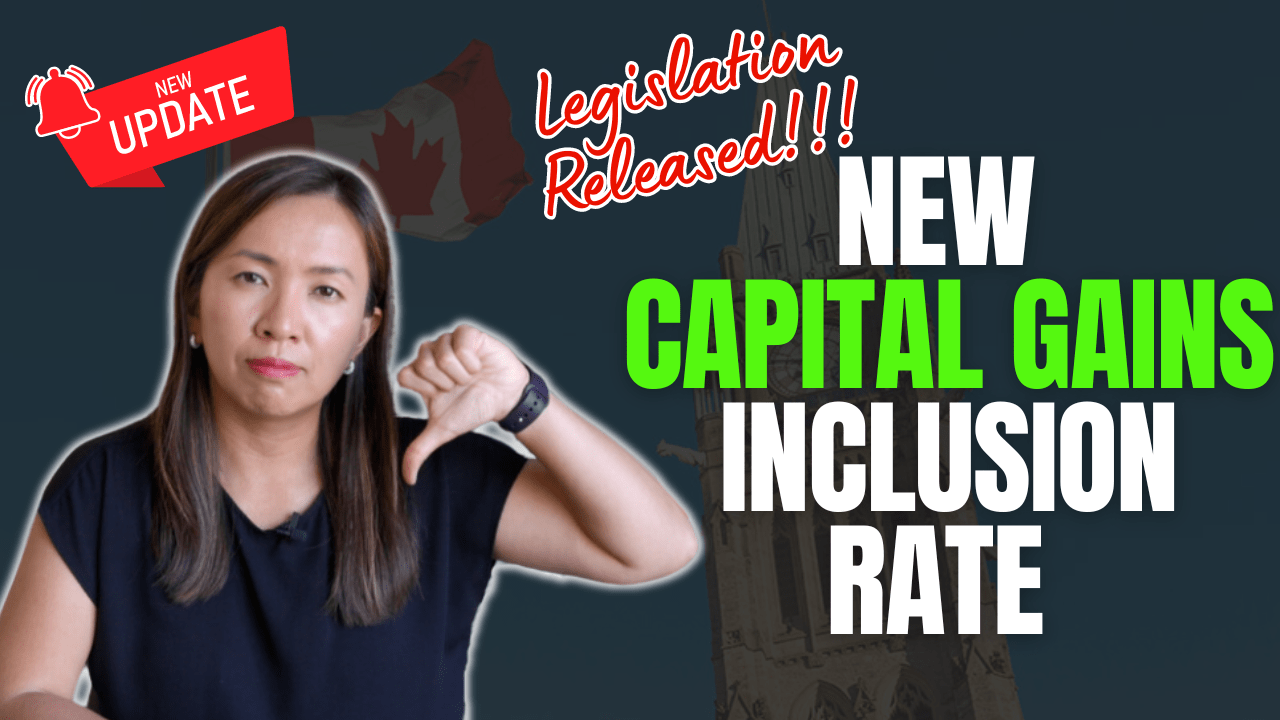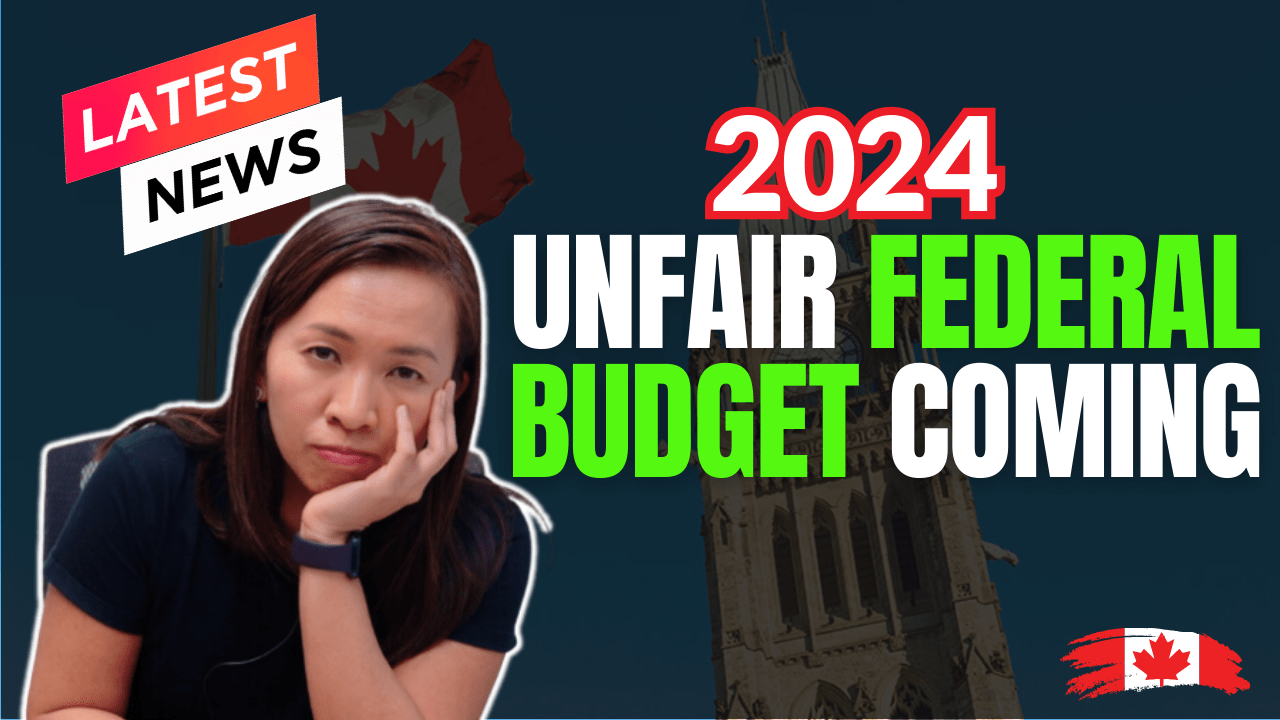In the wake of the recent federal budget 2024 announcement, uncertainty looms large for many of us. As we await the release of the legislation, it’s challenging to provide concrete advice to our clients. It’s reminiscent of the bare trust T3 requirement, which was announced in the 2018 budget but didn’t see the light of day until mid-2023 – a frustrating display of government inefficiency.
While we wait for clarity, let’s address some of the most pressing questions that have emerged:
Is the $250K gain per transaction or per individual? How does it really work?
Based on the limited information available, it appears that each individual is entitled to a $250K capital gain with a 50% inclusion rate annually. Any gains exceeding this threshold would be subject to a 2/3 inclusion rate.
Is June 25 applicable to deals with closing date or as long as I have a deal signed before June 25?
Our best estimate suggests that June 25 is the deadline for closing. To ensure a 50% inclusion rate on your gains, aim to close deals before June 25, not on the day itself.
I’m planning to buy some investment properties now – how should I structure it?
I mean, again, like I mentioned previously, it’s hard to advise anyone without the actual legislation. Based on the two paragraphs and our best guess of what will happen – If you are planning to buy investment properties, you may want to consider
- Buying it in your personal name (so that at least you get to have $250K of capital gain at 50% inclusion rate)
- Buying it with your spouse – so you can multiply that $250K exemption. You might want to be careful with potential attribution rule
- Buying it with as many individuals as possible without triggering adverse tax consequences
Should I sell my portfolio of stock to realize all the gains?
This really depends. It depends on how you own your stock investment and it also depends on how much gain you have accumulated. If you have the cash to set aside for tax payment, it might be worthwhile to realize the gains now, especially for those that’re corporate owned. Pay the tax.
Should I sell my real estate portfolio now?
I mean, it depends. Tax is one of the many factors you have to consider. Ultimately, tax is only one of the many factors that you should consider.
You’re still making money from the appreciation, yes, it sucks that you have to pay more tax, but you’re still making money and you’re still staying ahead.
And even if you are exiting your entire portfolio, you’ll want to divert your money somewhere else to invest. This capital gain inclusion rate change is applicable to all asset classes – including stocks. Based on the extremely limited information and our best guess, if you’re planning to sell a property this year, it’s worthwhile doing some tax planning to see if you can realize some of the capital gains before June 25. Of course, the best way to do this is to sell your property to a third party before June 25.
If that isn’t feasible, selling corporation-owned properties to personal name, selling properties between spouses are some common ideas that are being discussed in the accounting community. Again, it is hard to predict if these transactions would stand when the new legislation does come into effect. There’s also a potential that you’re being dinged on GAAR (Generally Anti-avoidance rule – which is being imposed on transactions that intentionally exploit the tax law loophole just to lower tax liability).
Now, set that aside, even if you decide to proceed with selling these properties to your personal names or another corporation, you likely will need to
- Have the money to pay for the capital gain tax
- Land transfer tax can be triggered – depending on where your properties are located
- Obtain approval from your bank It might or might not be feasible to realize gains prior to June 25.
It might or might not be feasible to realize gains prior to June 25.
Would it be better to diversify to invest outside of Canada?
Erwin and I are diversifying but not because of the rule change. We’re diversifying so that we can have a more cash-flowing portfolio. From a tax perspective, even if you are buying in the US, you’re still required to pay Canadian taxes on your US real estate portfolio on sale. This capital gain inclusion rate would still be applied to the sale of your US real estate portfolio.
So purely from a tax perspective, it wouldn’t make any difference between investing outside of Canada or staying put.
Of course, there are many different reasons why you want to invest outside of Canada, such as lack of rent control, more balanced rules between landlords and tenants, etc. But that is beyond the scope of today’s discussion.
Hopefully, this sheds some light on what you can do from now until June 25, bearing in mind that whatever actions we take may be subject to reversal by the government. After all, they have backtracked on the UHT filing and bare trustee filing as well.
Until next time, happy Canadian Real Estate Investing.
Cherry Chan, CPA, CA
Your Real Estate Accountant





